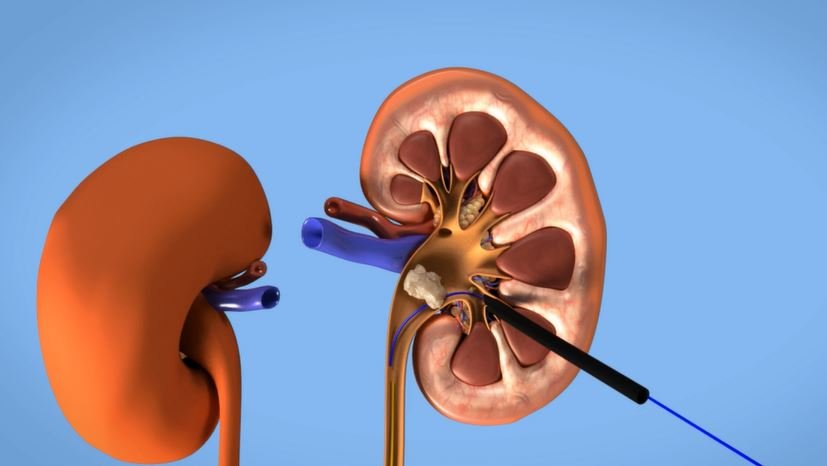
Percutaneous Nephrolithotomy is a minimally invasive surgical procedure used to remove large kidney stones or a collection of smaller stones from the kidney. It's typically recommended when other treatments, such as shock wave lithotripsy or ureteroscopy, are not feasible or have been unsuccessful. PCNL is usually performed under general anesthesia, which means the patient is unconscious during the procedure and feels no pain. Once the patient is anesthetized, the surgeon makes a small incision in the patient's back, typically between the ribs, to access the kidney. A hollow tube called a nephrostomy sheath is then inserted through the incision and into the kidney under guidance from imaging techniques like fluoroscopy or ultrasound.
After PCNL, patients are typically monitored in a recovery area for a few hours to ensure there are no immediate complications. Pain medications and instructions for post-operative care, such as drinking plenty of fluids and avoiding strenuous activity, are provided. Follow-up appointments may also be scheduled to monitor recovery and assess the success of the procedure. PCNL is considered an effective treatment for large kidney stones, with high success rates and relatively low complication rates when performed by experienced surgeons. However, as with any surgical procedure, there are risks involved, including bleeding, infection, injury to surrounding organs, and residual stone fragments. It's important for patients to discuss the potential benefits and risks of PCNL with their healthcare provider before undergoing the procedure.